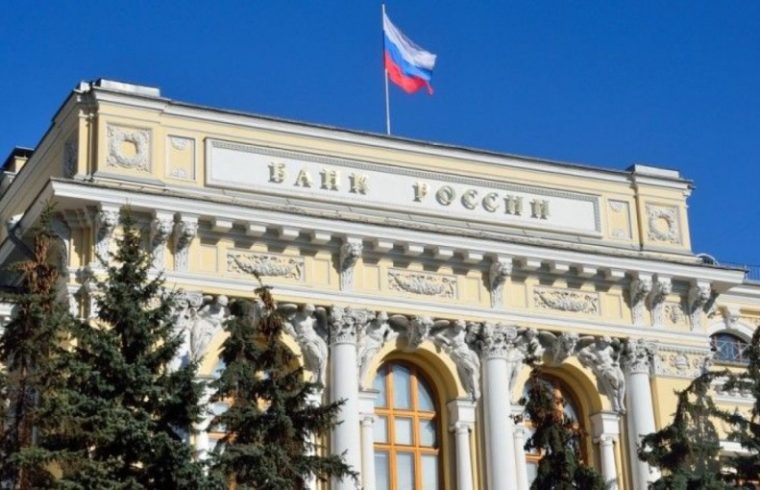In April 2020, the coronavirus pandemic continued to affect the environment in the global market. At the end of the month, markets responded optimistically to the news on gradual easing of restrictions in a range of countries. April recorded a slowdown of capital outflow from the Russian market, and a resumption of purchases of Russian assets in certain segments. These are findings given in the latest issue of the Financial Market Risks Review.
As a result of high demand among local investors and the renewal of net purchases by non-residents, yields of federal government bonds (OFZ) returned to their February 2020 lows and continued to go down in early May. Non-residents’ OFZ holdings in foreign depositories’ accounts with the National Settlement Depository increased by 59.4 billion rubles in April, their share totalling 30.6% as of the end of the month.
The Russian corporate securities market demonstrated lower volatility and more intense demand on the part of local players. Systemically important banks accounted for the largest portion of purchases in stock and corporate bond markets, and non-residents materially decreased sales of Russian assets. Corporate issuers continued offerings of ruble-denominated securities. Moreover, offerings of corporate Eurobonds expanded thrice against the previous month.
The environment in the foreign exchange market remained favourable. Foreign currency supply was ensured by non-financial companies and individual groups of banks. The overall amount of foreign currency sold by them totalled 140 billion rubles. The volatility of the ruble against the US dollar decreased, despite the collapse of oil prices and negative values of a range of crude oil futures in global markets. It turned out that not all market players were ready to such a situation and suffered losses at the close of trading at the Moscow Exchange. Further on, the Moscow Exchange is going to establish more detailed rules for trading in abnormal situations and enhance the transparency of decisions it makes.












